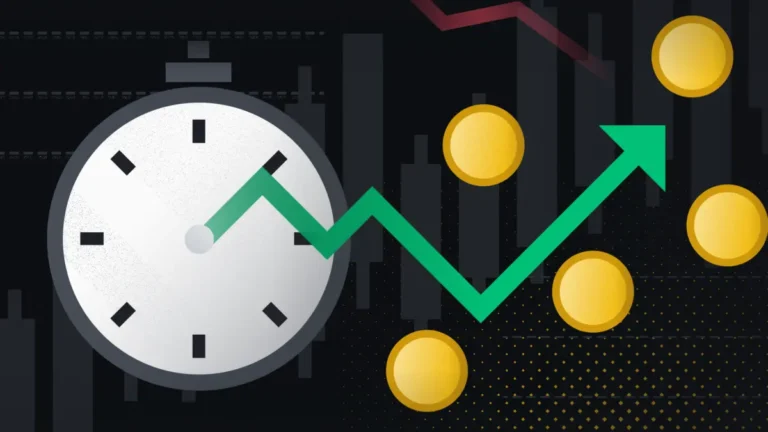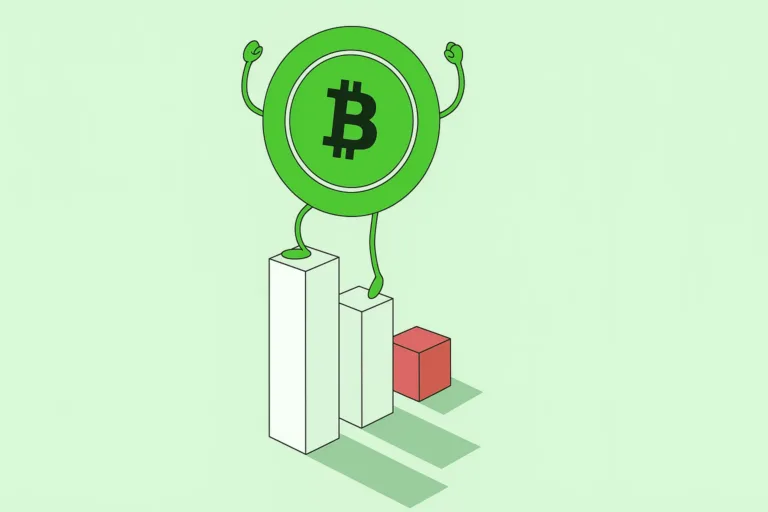Whale Nations: When Governments Join the ‘Buy the Dip’ Game
When Bitcoin prices take a nosedive, most retail investors panic-sell like it’s the end of the world.
But interestingly, it’s not just individual traders or big private institutions playing the “buy the dip” game—some countries are jumping in too, treating price dips as golden opportunities to build up their national Bitcoin stash.
And the way they’re getting their hands on BTC? Totally different across the board. Some buy daily like clockwork, others seize it from cybercriminals, and a few even mine it using renewable energy.
Quick Facts You Need to Know
Hide-
Strategic National Reserves: Countries are starting to treat Bitcoin as a serious reserve asset—buying more when prices dip.
-
Diverse Sources: From criminal seizures in the U.K. to daily buys in El Salvador, there’s no one-size-fits-all method.
-
Geo-Economic Influence: Holding BTC gives countries an edge in a global financial system that’s shifting fast.
-
Tech + Energy Synergy: Bhutan shows how renewable energy can be leveraged for BTC mining at scale.
-
Policy & Law: Legislative moves in places like the U.S. and Ukraine are helping lay the legal groundwork for national BTC holdings.
In this piece, we’re breaking down six countries that have stacked a serious amount of Bitcoin—each with their own bold strategy.
1. United States: Bitcoin Reserves Like It’s Crude Oil
Yup, you read that right. In March 2025, the U.S. President signed an executive order to create a Strategic Bitcoin Reserve—think of it like the country’s oil reserves, but digital.
The reserve is mostly filled with BTC seized from cybercrime cases and money laundering operations. As of early 2025, the U.S. government holds over 207,000 BTC. That’s worth trillions in fiat terms.
But this isn’t just about hoarding some shiny digital coins—it’s a clear message that the U.S. is taking Bitcoin seriously as part of its economic stability playbook. With inflation eating into fiat currencies, BTC is being seen as a long-term hedge.
This move also gives the U.S. a geopolitical edge. In a world shifting towards decentralized finance, holding Bitcoin might become a secret weapon in global diplomacy and trade negotiations.
2. China: From Ponzi Scheme Seizures to Becoming a BTC Whale
China might have banned crypto trading and mining domestically, but don’t let that fool you—they still hold a massive pile of Bitcoin.
How? Thanks to one of the biggest crypto scams in history: the PlusToken Ponzi scheme. Authorities seized around 194,000 BTC from the operation.
After arresting the scammers, China’s government took hold of the stolen crypto. Although they’ve been pretty hush-hush about what happened next, blockchain watchers believe a portion was quietly liquidated using mixers to hide the trail, with the rest likely tucked into government coffers.
So even with strict bans, China is still one of the top holders of Bitcoin globally. Proof that governments can play both sides—publicly banning crypto while quietly stacking it behind the scenes for strategic reasons.
3. United Kingdom: Catch the Criminals, Keep the Bitcoin
While the U.S. has its strategic reserve, the U.K. has what you might call a “crime stash turned asset.”
Back in 2018, London’s Metropolitan Police cracked a major money-laundering ring and seized a whopping 61,000 BTC. Initially held as evidence, the coins later became part of the U.K.’s unofficial digital reserves.
The U.K. is known for having a tough stance on digital asset crimes, but they’re also smart about not letting valuable assets go to waste. Instead of letting the seized BTC sit idle, it’s used to strengthen national fiscal capacity.
For an advanced economy like the U.K., holding Bitcoin is a savvy way to diversify its reserves—and stay relevant in the evolving world of digital finance.
4. Ukraine: War-Time Donations & a Bill for BTC Reserves
Ukraine’s story with Bitcoin is one of resilience. Since Russia’s invasion, the country has received 46,351 BTC in crypto donations from supporters around the world. The funds helped power everything from military operations to humanitarian aid.
But Ukraine isn’t stopping there. They’re currently drafting Bill No. 13 356, which would allow the central bank to officially hold Bitcoin as part of its national reserves.
This move shows how BTC is evolving—from a wartime crowdfunding tool into a formal economic asset.
For Ukraine, Bitcoin isn’t just an emergency backup—it could be key to rebuilding financial stability amid geopolitical turmoil.
5. Bhutan: A Tiny Country Mining BTC with Clean Hydro Power
Bhutan might not be the first country you think of when it comes to crypto—but their strategy is seriously impressive. This small Himalayan kingdom is quietly mining Bitcoin using cheap, renewable hydropower from its rivers.
With the energy infrastructure already in place, Bhutan has managed to mine 13,029 BTC—which, get this, is almost 28% of their national GDP. That’s next-level.
Bhutan didn’t need to buy Bitcoin from exchanges. They literally “printed” it using nature’s power. It’s a brilliant, low-cost model that proves even small nations can win big with the right mix of natural resources and smart planning.
6. El Salvador: One Bitcoin a Day, No Matter What
El Salvador made headlines in 2021 for becoming the first country to recognize Bitcoin as legal tender. But what really got the crypto world hyped was their program to buy 1 BTC per day, starting in November 2022.
As of March 2025, the country holds 6,102 BTC. President Nayib Bukele has stuck with the plan despite pressure from the IMF and critics.
Why? Because he’s betting big on Bitcoin’s long-term value—and he’s not backing down.
This isn’t just about stacking sats. It’s about sending a bold message: El Salvador wants to be the face of the crypto revolution. And so far? They’re walking the talk.
Quick Recap: Who Holds What and How
| Country | BTC Volume | How They Got It |
|---|---|---|
| United States | 207,189 | Crime seizures + strategic reserve |
| China | 194,000 | Seized from crypto scams (PlusToken) |
| United Kingdom | 61,000 | Seized from organized financial crimes |
| Ukraine | 46,351 | Crypto donations + seizures |
| Bhutan | 13,029 | Hydro-powered Bitcoin mining |
| El Salvador | 6,102 | 1 BTC per day routine purchases |
Closing Thoughts: Nation-States Are Playing the Crypto Game
This isn’t just about hoarding digital coins. What we’re seeing is countries actively redefining what counts as a “strategic asset.”
From America’s BTC reserve to Bhutan’s eco-mining model, each nation has its own way of making Bitcoin work for them.
As more countries build up their BTC holdings during price dips, they’re slowly shifting the balance of power in the global crypto market.
It’s not far-fetched to imagine a future where Bitcoin joins gold and USD as a go-to international reserve asset.
Bottom line? The world is changing—and Bitcoin isn’t just for traders and tech bros anymore. Governments are stacking sats too. So the real question is: where do you fit in this financial revolution?
Frequently Asked Questions (FAQs)
Why do countries buy Bitcoin when the price drops?
They’re taking advantage of lower prices to accumulate more BTC at a better value—basically doing dollar-cost averaging on a national level, while also hedging against inflation and fiat currency risk.
Are all government BTC holdings from purchases?
Nope. Countries like China and the U.K. acquired Bitcoin through criminal seizures, while Bhutan mines its own using hydroelectric power.
How legit are these government-held BTC reserves?
Legit enough. Most have legal frameworks in place. For example, the U.S. has an officially sanctioned Strategic Bitcoin Reserve managed under government oversight.
What are the biggest risks of this strategy?
Price volatility is a big one. BTC’s value can swing hard. Plus, regulation uncertainties and public backlash could complicate things.
Will more countries start doing this too?
Most likely, yes. Countries like Japan, Brazil, and the Czech Republic are already exploring the idea of holding Bitcoin in their national reserves through pending legislation.







